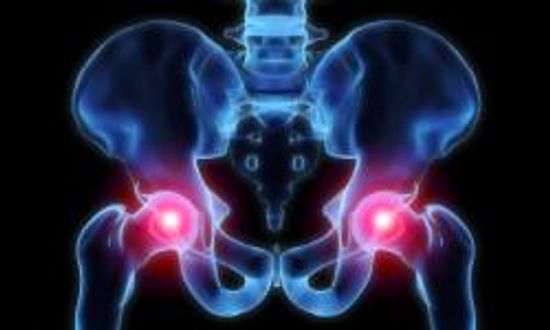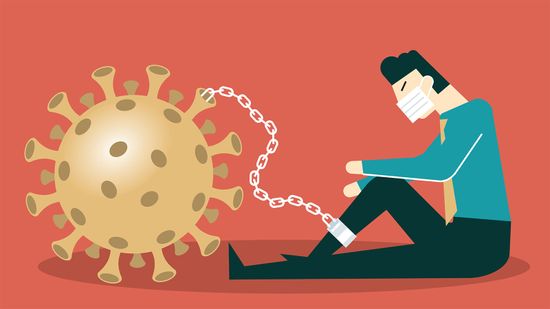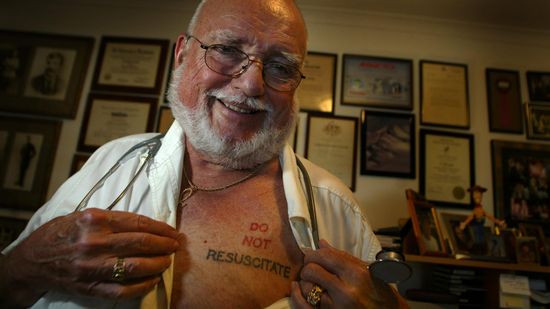Diabetes
Understand diabetes and how your body uses insulin to handle glucose. You'll also find information about the impact of diabetes on other systems in the body.

Can Pollen Allergies Make You Tired?

The Science Behind the Pollen Count

Why There Is So Much Confusion About Who Has Food Allergies

Are there stretches you can do for osteoarthritis of the hip?

How do you cope with multi-level degenerative osteoarthritis?

Do You Need to Have a Positive Attitude to Beat Cancer?

8 Thoughtful Ways to Help a Loved One Going Through Chemo

Why Is Pancreatic Cancer So Deadly?

What's the Difference Between Cardiac Arrest and a Heart Attack?

How the Graphene Blood Pressure Tattoo Will Change Monitoring

Cyanosis: Why Your Fingers Turn Blue

What's the Worst Day of Common Cold Symptoms?

The 1918 Spanish Flu Killed Millions — and Experts Fear It Could Happen Again

Can the Change in Temperature Really Make You Sick?

10 Tips for How to Relieve Sinus Pressure

4 Occupations Prone to Sinus Trouble

Understanding Sinus Congestion

Yeast Overgrowth

How to Cure A UTI Naturally

Urinary Tract Infection Lifestyle Tips

Urinary Tract Infection Prevention

The Curse of Brewing Beer in Your Own Belly

Is the BRAT Diet Still Beneficial?

Crazy Common Things People Swallow (That They Shouldn't)

Why Your Baby Could Be Giving You Mommy Thumb

How Whole-Body Cryotherapy Works

How to Relieve Sciatic Nerve Pain

Is Polio Back? Here's What You Need to Know

Can Viruses Make You Smell More Attractive to Mosquitoes?

1 in 3 Who Had COVID-19 Have Long COVID Symptoms, Says Oxford Study

No Joke: Dead Butt Syndrome Is a Real Pain

What the Heck is Tech Neck? How Millennials Could Be the Wrinkliest Generation

Can you really get a bone infection?

Monkeypox Is a Global Health Emergency, But Don't Panic Yet

Nematodes: Do We Still Need to Worry About Roundworms and Bare Feet?

Scurvy: The Scourge of the High Seas Remains at Large Today

Monkeypox Confirmed in the U.S. and Europe. What You Need to Know

How to Clean and Store Your Cloth Face Mask

How Anosmia, or 'Smell Blindness,' Can Help Pinpoint COVID-19

Do People Really Die of Old Age?

The Sarco Suicide Pod: Controversial or Compassionate?

Telling Doctors Not to Resuscitate, by Tattoo
Learn More
Almost every cell in your body needs insulin. Learn how your body secretes insulin from this article.
Symptoms associated with diabetes include fatigue, frequent urination and excessive hunger. Learn more about how a lack of insulin affects the body in this article.
People who suffer from diabetes have a greater risk of depression than people who don't have diabetes. Learn more facts about depression and diabetes, prevention, and treatment.
Advertisement
If you suffer from diabetes, your doctor might order an oral glucose tolerance test to measure your glucose levels. Learn more facts about diabetes, prevention, and treatment.
Sleep can be affected by diabetes. Learn more about sleep and diabetes in this article.
Monitoring your blood sugar is a vital part of the diabetes management process, and frequent self-monitoring is the key to successful diabetes care. Learn more about blood sugar and diabetes.
The kidneys control water quality and levels in the body and release an array of hormones and enzymes. Find out why diabetic kidneys start to lose their ability to be effective water-treatment plants.
Advertisement
Diabetics are more likely to have a heart attack -- and their heart attacks are more likely to be fatal. Learn how diabetes increases your chances of developing conditions like hypertension and heart failure.
Exercise provides a great opportunity for diabetics to maintain their health. It usually produces rewards in terms of blood glucose control. Learn how exercise helps keep diabetes in check.
In the U.S. alone, 20.8 million people have diabetes -- and about a third don't even know it. Find out some information you just may need.






